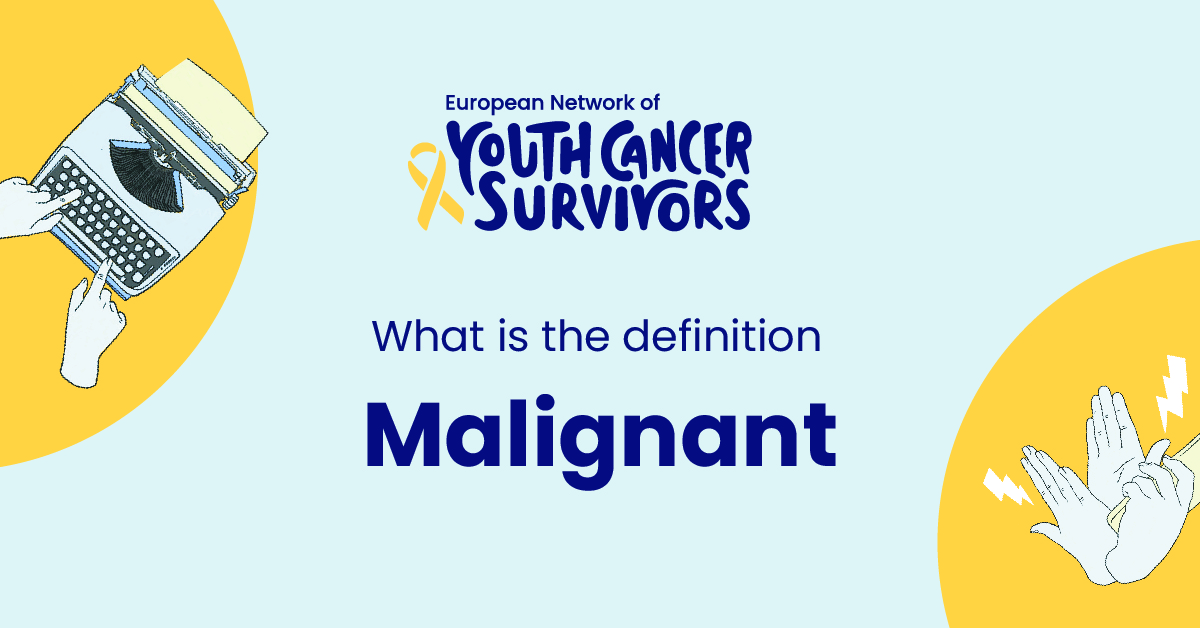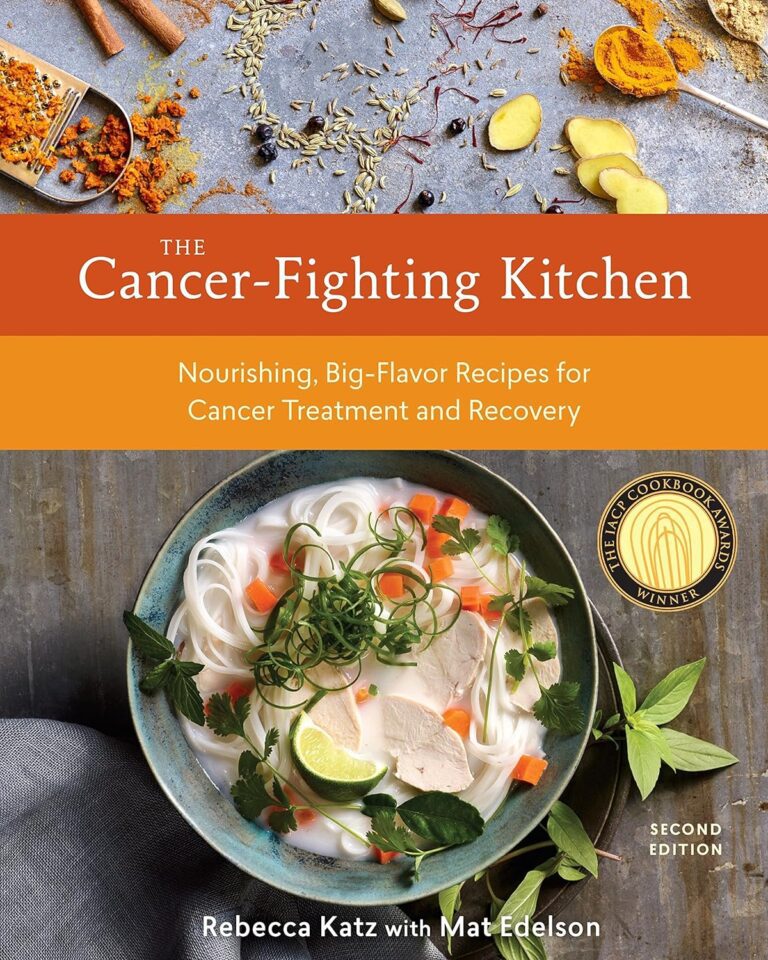
In the quest for knowledge about various health-related terms, it is important not to overlook crucial healthcare vernacular such as ‘malignant’. The term holds significant information about the nature and severity of the disease in question. Its understanding aids in weathering the storm of disease diagnosis and interpreting medical reports accurately. This article aims to unravel the term ‘Malignant’, its implications and significance in the healthcare domain.
Defining Malignancy: An Overview of Critical Healthcare Vernacular
To make sense of the word ‘malignant’, one should start at its root. Malignancy, derived from the Latin word ‘malignus’, implying ‘evil in nature’, is representative of destructive and uncontrolled cellular growth.
The term is predominantly used to describe cancerous cells that can potentially spread to other parts of the body and promote further damage.
Understanding the Meaning of Malignant
Grasping the Critical Definition of the term Malignant
The term malignant, in medical parlance, characterises a disease or condition with a severely harmful effect, typically associated with cancer. Malignant diseases are particularly nefarious due to their propensity for uncontrolled growth and potential to invade other tissues and parts of the body.
They harbor the power to metastasize, allowing these cells to travel through the blood or lymph system and settle in various body parts, thereby promoting the growth of new tumors.
Origin and Use of the Term Malignant
Historical Context of the Term Malignant and its Application in Healthcare
The term’s roots trail back to the 16th century when it was equated to attributes depicting malintent, harmfulness, or evilness. In a healthcare context, the term started gaining traction in the 17th century to describe harmful growths or tumors.
The use of this term revolves around its inherent quality of illustrating the severity of a disease, aiding in determining the course of treatment and prognosis.
Impact and Implications of Malignancy
Evaluating the Severity of Malignant Conditions and Its Effects on Health
Malignant diseases come with always alarming prognosis due to their aggressive nature and potential to spread. The impact on health can be profound, varying from organ dysfunction to life-threatening conditions, making early detection and treatment paramount.
The patient’s quality of life can also take a hard hit due to symptoms such as fatigue, pain, or compromised immune system. Furthermore, treatments like chemotherapy and radiation bring along another slew of side-effects.
Differentiating Between Malignant and Benign Conditions
Crucial Distinctions and Their Clinical Implications
While both malignant and benign refer to the nature of tumors, they represent entirely different conditions. Benign tumors grow only locally and do not spread, whereas malignant tumors invade other parts of the body. Malignant tumors are life-threatening, while benign tumors generally aren’t.
The clinical implications of this difference are significant and reflect on the course of treatment and patient prognosis. Understanding these distinctions aids patients in grasping their diagnosis better and mentally preparing for the forthcoming treatment regimen.
Malignancy in Different Body Systems
Understanding the Nature and Behavioral Patterns of Malignant Conditions
Malignant conditions can affect various body systems, each having its unique behavioral pattern and prognosis. For instance, malignancy in the nervous system, such as a malignant brain tumor, tends to act differently than malignancy in the lymphatic system like lymphoma.
The nature and patterns of these conditions also influence treatment methods, demanding personalized medical approach for each case.
Malignant Vs. Advanced Stage Disease
Conventional and Advanced Interpretations of Malignancy
Though often used interchangeably, malignant and advanced stage disease are not always synonymous. Malignancy refers to a cell’s nature that can grow uncontrollable and invade other tissues. Advanced stage disease means the disease, malignant or not, has progressed to a late stage.
Understanding this distinction is essential for patients to navigate their treatment journey more effectively without casting unnecessary apprehensions about their condition’s severity.
Get to know us better
If you are reading this, you are in the right place – we do not care who you are and what you do, press the button and follow discussions live

Conclusion: Demystifying Malignancy
Breaking Down the Complexity Surrounding the Term Malignant
Unraveling health-related terms like malignant is crucial for everyone, not just those in the healthcare field. An in-depth understanding of such terms allows patients to better navigate their health journeys, prompts early detection, and encourages informed decision making about treatment choices.
Knowledge gives power and courage, underpinning the patient’s crucial role in their health management.
Frequently Asked Questions
- Is every cancer diagnosis malignant?
Not necessarily. Although malignancy and cancer are closely associated terms, benign tumors can also be diagnosed, which are not malignant as they do not show aggressive growth or spread to other body parts.
- What is the difference between a malignant tumor and a benign tumor?
A benign tumor grows locally, cannot spread, and is usually harmless. In contrast, a malignant tumor can invade other parts of the body, is uncontrolled in its growth, and harmful.
- Can a malignant tumor turn benign and vice versa?
It is highly unlikely for a malignant tumor to become benign. However, a benign tumor can become malignant in rare cases if cells start growing uncontrollably.
- How can I know if a growth in my body is malignant?
Clinical examination, imaging, or tissue biopsy can definitively confirm whether a growth is malignant or not.
- What is the significance of stating that a disease is malignant in medical reports?
Stating a disease as malignant in medical reports signifies the severe nature of the illness and guides the course of treatment. It provides crucial information regarding prognosis and expected patient outcomes.

















Comments
Thank you. Comment sent for approval.
Something is wrong, try again later